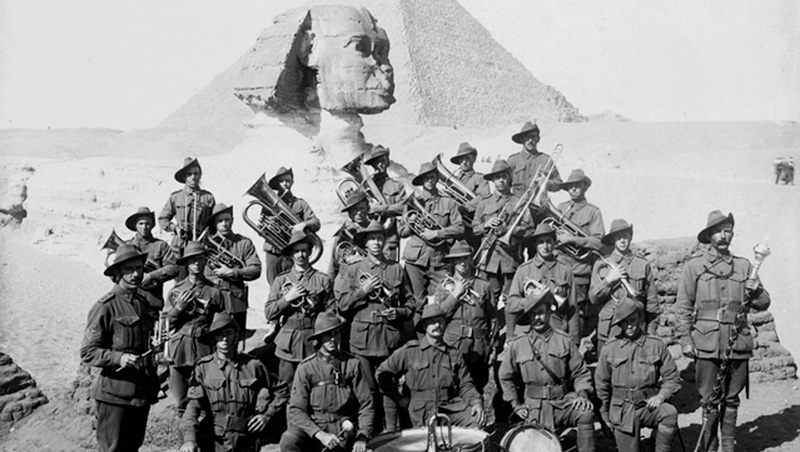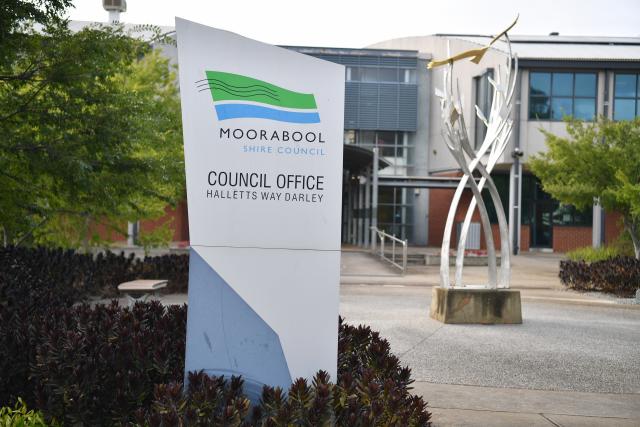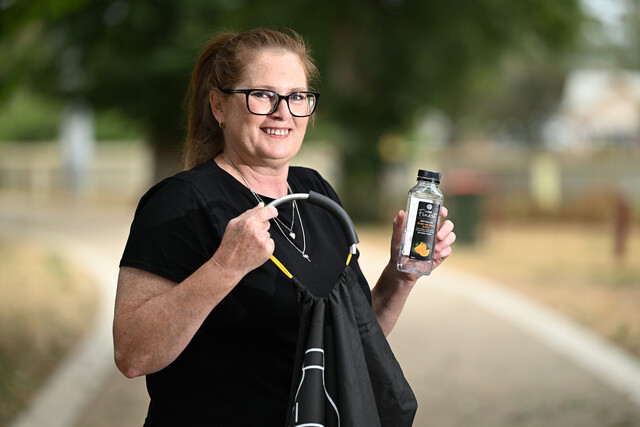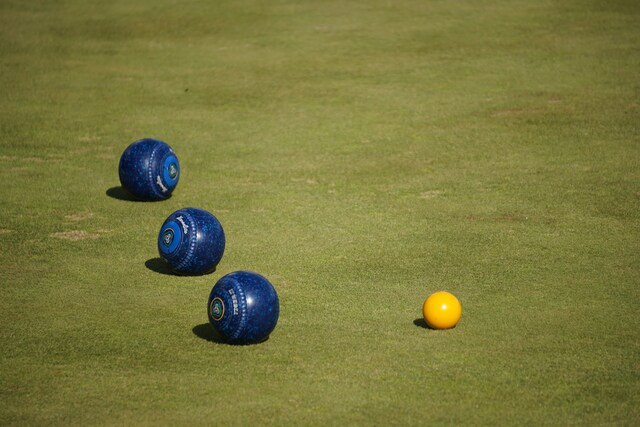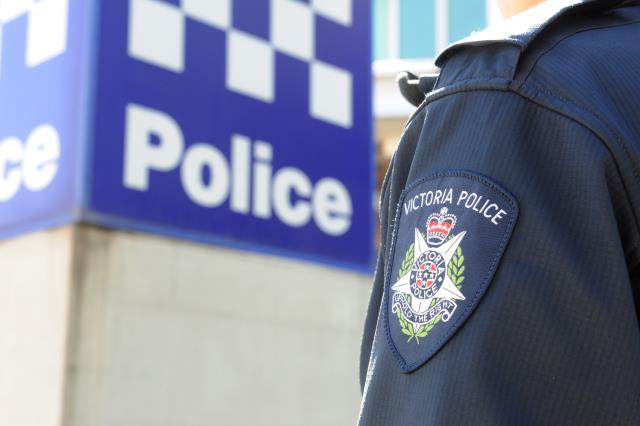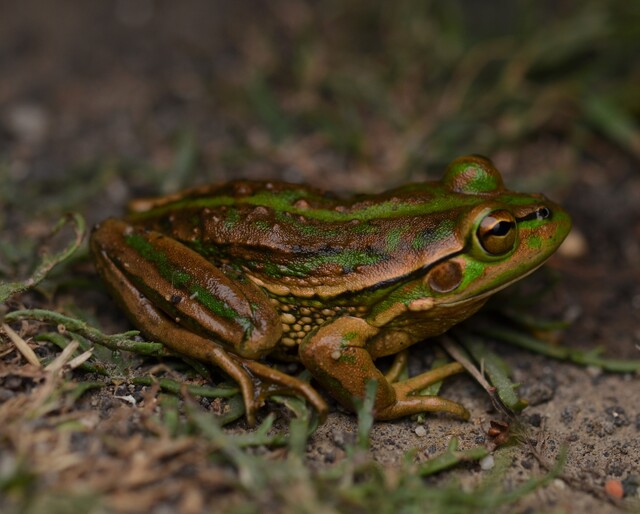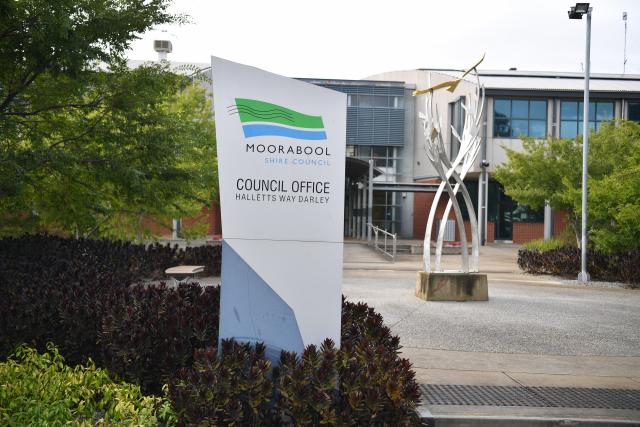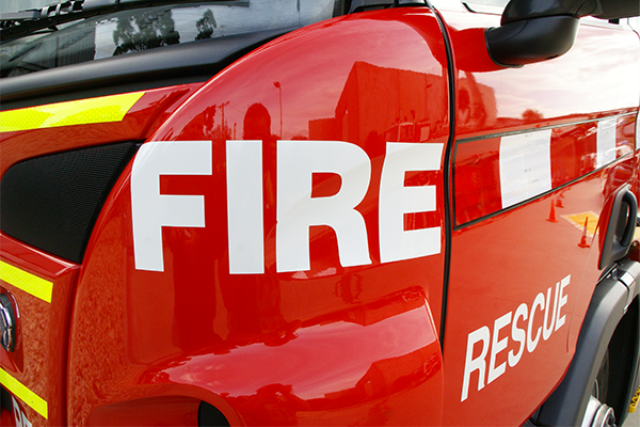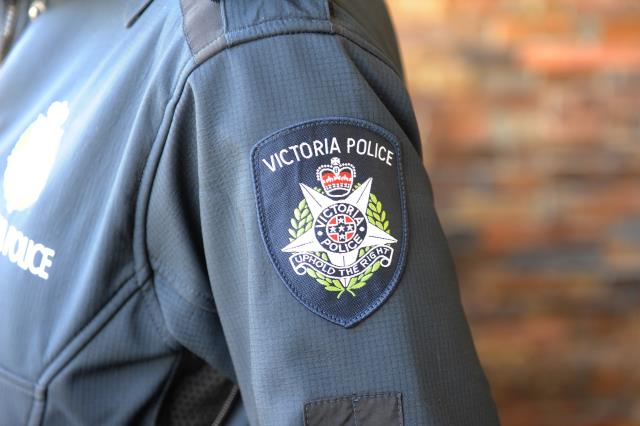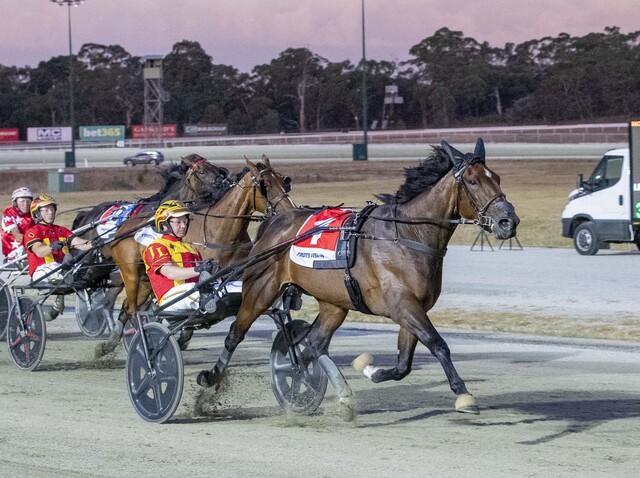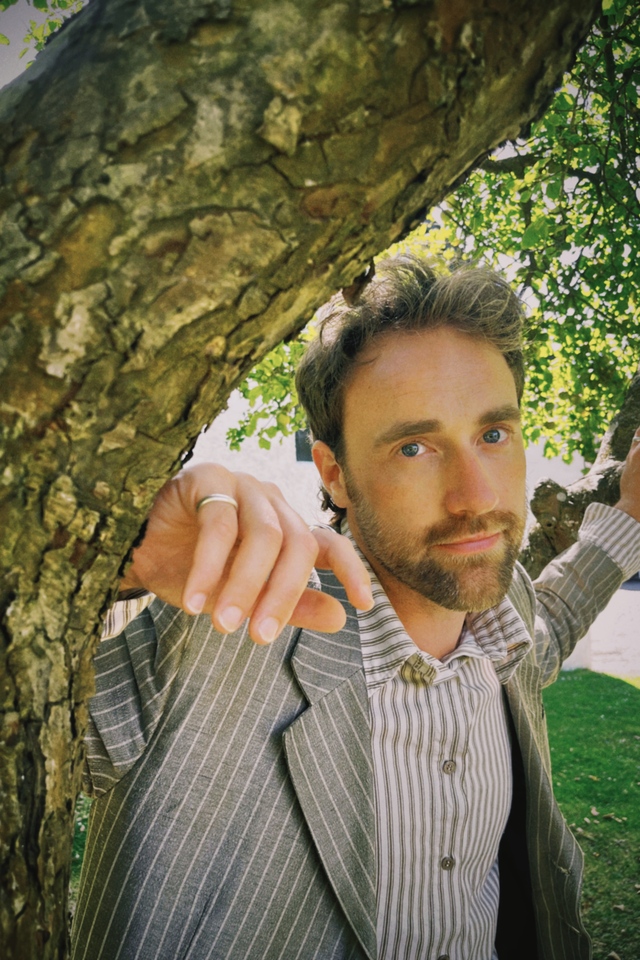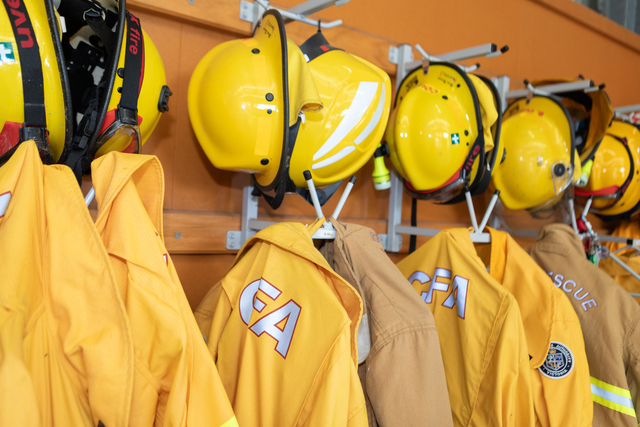One hundred years ago, Australia’s first group of soldiers departed for what they thought was a European war against Germany.
Instead, those initial convoys were diverted by history – the decision of Turkey to join the war and Winston Churchill’s obsession with a first strike against the Turks.
As a result, tens of thousands of eager Diggers landed in Egypt, ready to fight.
Infantry, Light Horsemen and almost 8000 horses (“walers”, a unique horse perfect for battle) arrived in Egypt from December, 1914, after long and difficult journeys via Ceylon (Sri Lanka). Ten miles from Cairo, in the shadows of the Pyramids, 50,000 men began training. They soon became aware of Turkey’s involvement in the war.
The Mena campsite outside Cairo was renowned for its filthy water supply. Training involved terrible heat, thirst and sand during the day and bitter cold at night.
In early April, 1915, Australian soldiers in Egypt learned they were about to go to war. Soon after the Gallipoli landings it became obvious that the Light Horse could not operate in that steep territory. Within days, 1000 Light Horse volunteers were called for as reinforcements; the response was overwhelming. Fifty men were ordered to stay behind with the horses; 30 men slipped aboard transport ships bound for Gallipoli to be with their mates. They were not penalised.
Men from our area volunteered and served. One example was Charles Rupert Edwards (below), who enlisted in August, 1914, at age 22, the first of three brothers from Bacchus Marsh to serve in WW1.

In a letter published in the Bacchus Marsh Express on January 30, 1915, he said of the Mena camp: “Cairo and all round is full of soldiers … we were all over the Pyramids … we have seen nearly all the Marsh fellows here now.” One of those Marsh fellows was “Bill” Vallence, who had recovered after a hospital stay with pneumonia.
In an interview in 2013 by Bacchus Marsh filmmaker Steve Tandy, Charles’ son, Noel, described his father’s experiences with the 4th Light Horsemen at Gallipoli. Noel described his father’s story of the walers “stampeding” in Egypt as the Light Horsemen landed at Gallipoli. He also related the story of a Turkish sniper targeting himself and Bacchus Marsh mates Colin Todd and Bill McKenzie. They watched as the Turk ran out of ammunition and climbed from his position. There was “no way” they were going to shoot back. To their distress, the Turk threw himself into the Dardanelles and drowned.
Charles Edwards survived Gallipoli and fought on in France. He was joined there by two Edwards brothers who had enlisted in 1915. Roy was 27, and William was 21. All survived the war.
Charles met his wife, Violet May Lindsay, at a gathering in Bacchus Marsh for returned Diggers. Before his return to Australia she had participated in the planting of the Avenue of Honour on August 10, 1918. Their son, Noel, lives in Bacchus Marsh and their grand-son, David, is a Moorabool councillor.

Australian 4th Light Horsemen during training in Egypt in 1915. Only one of these men survived WW1.
Great War Centenary Committee, Bacchus Marsh, has provided this article in a series to mark the World War I centenary, assisted by Melton and Moorabool Star Weekly (originally The Bacchus Marsh Express).

